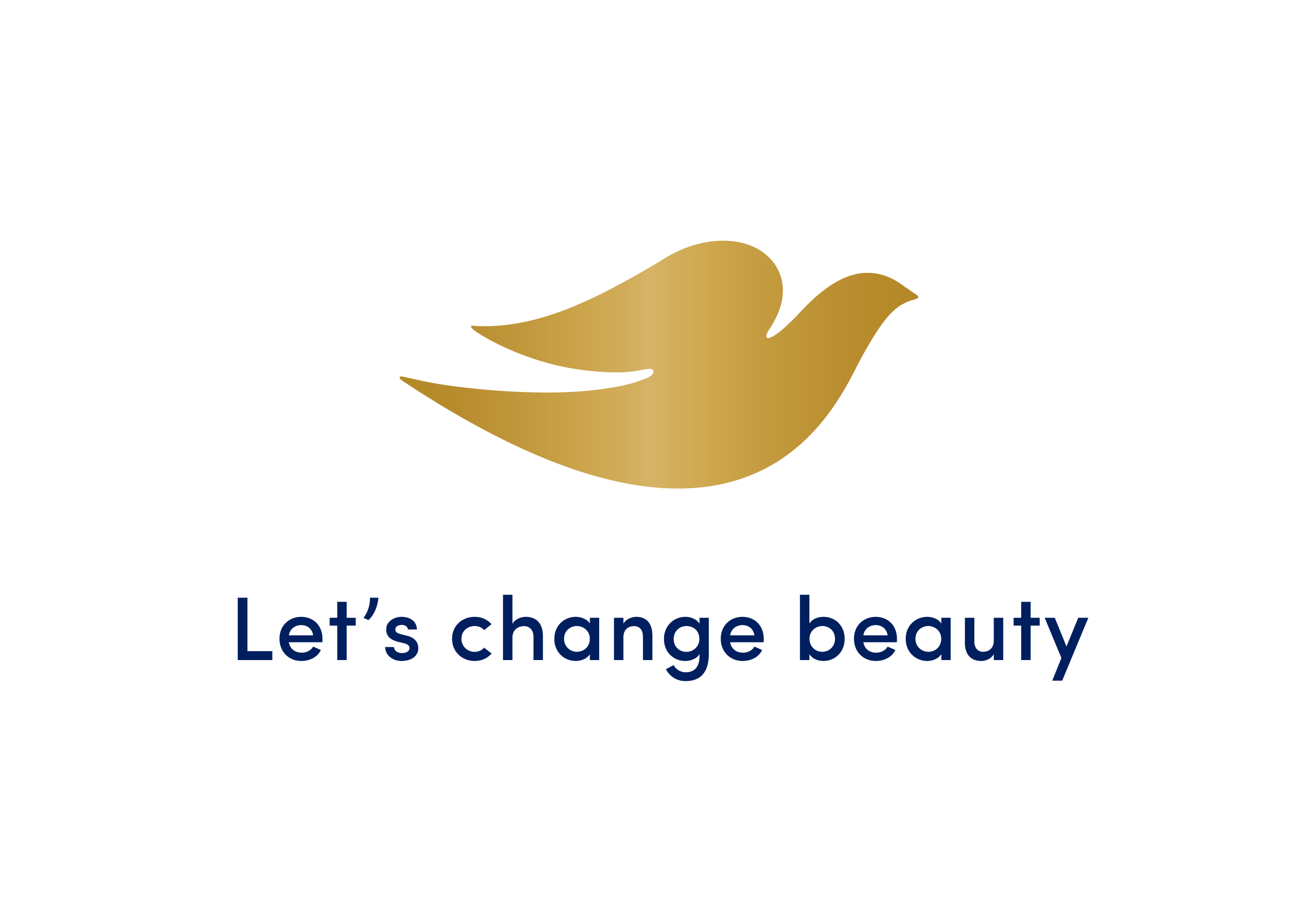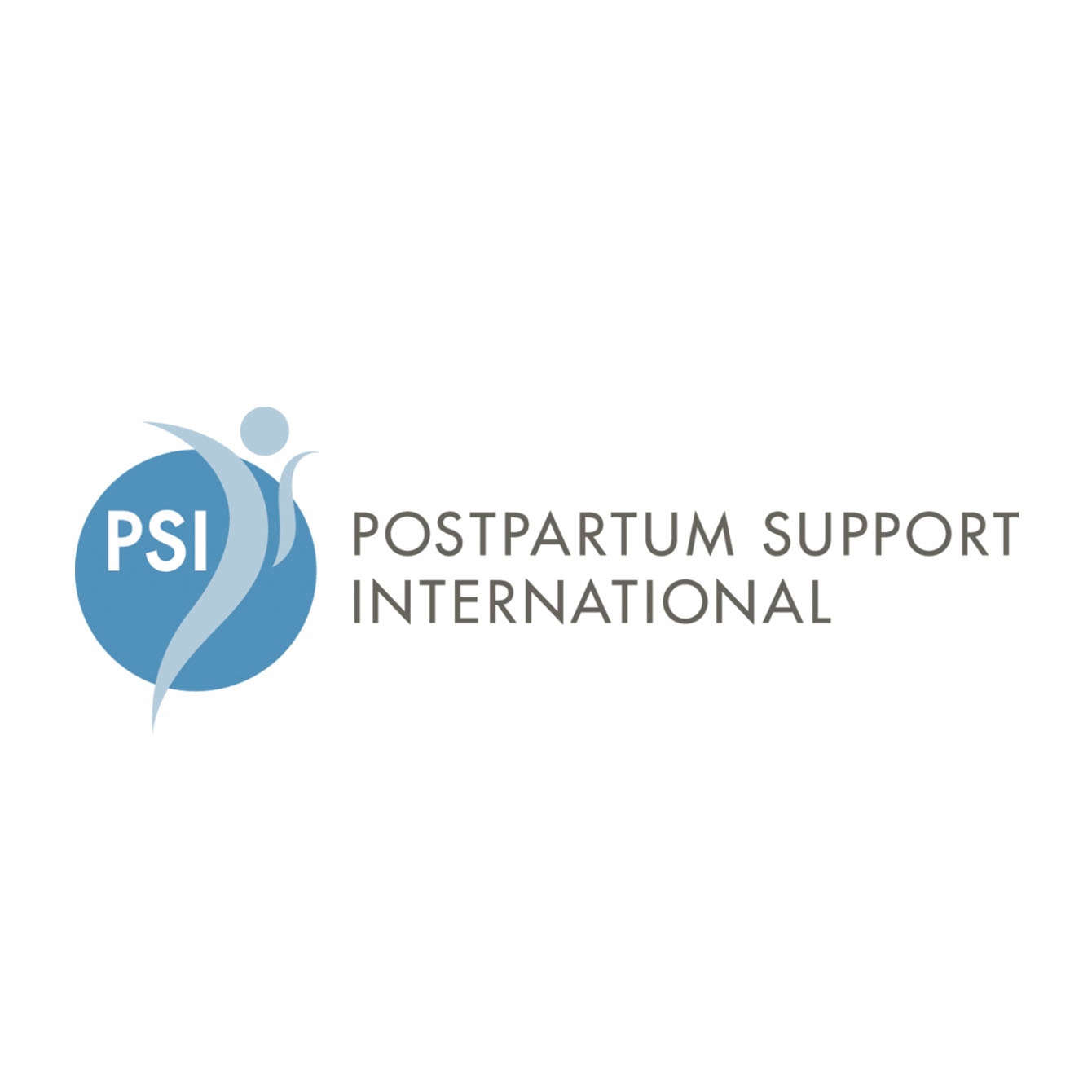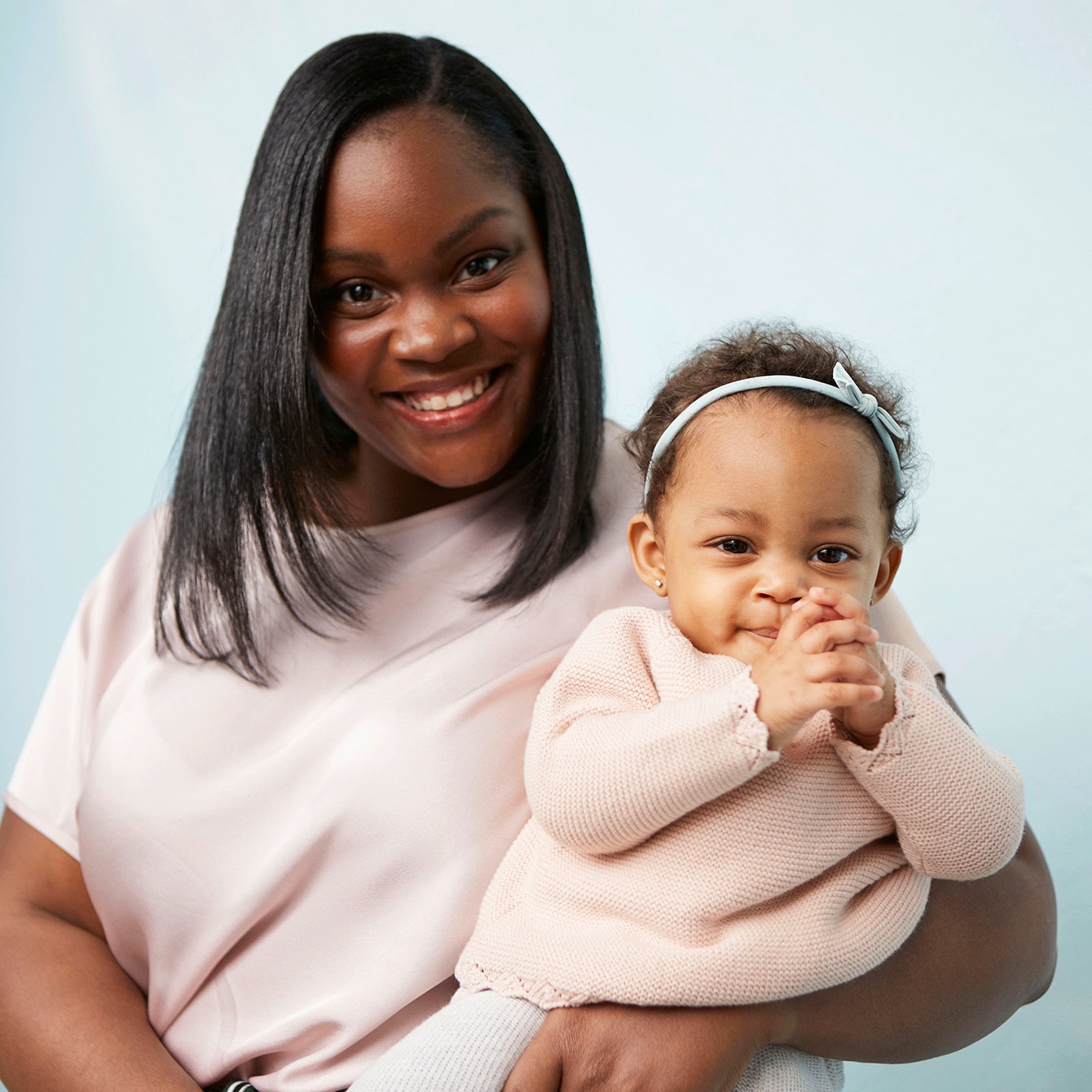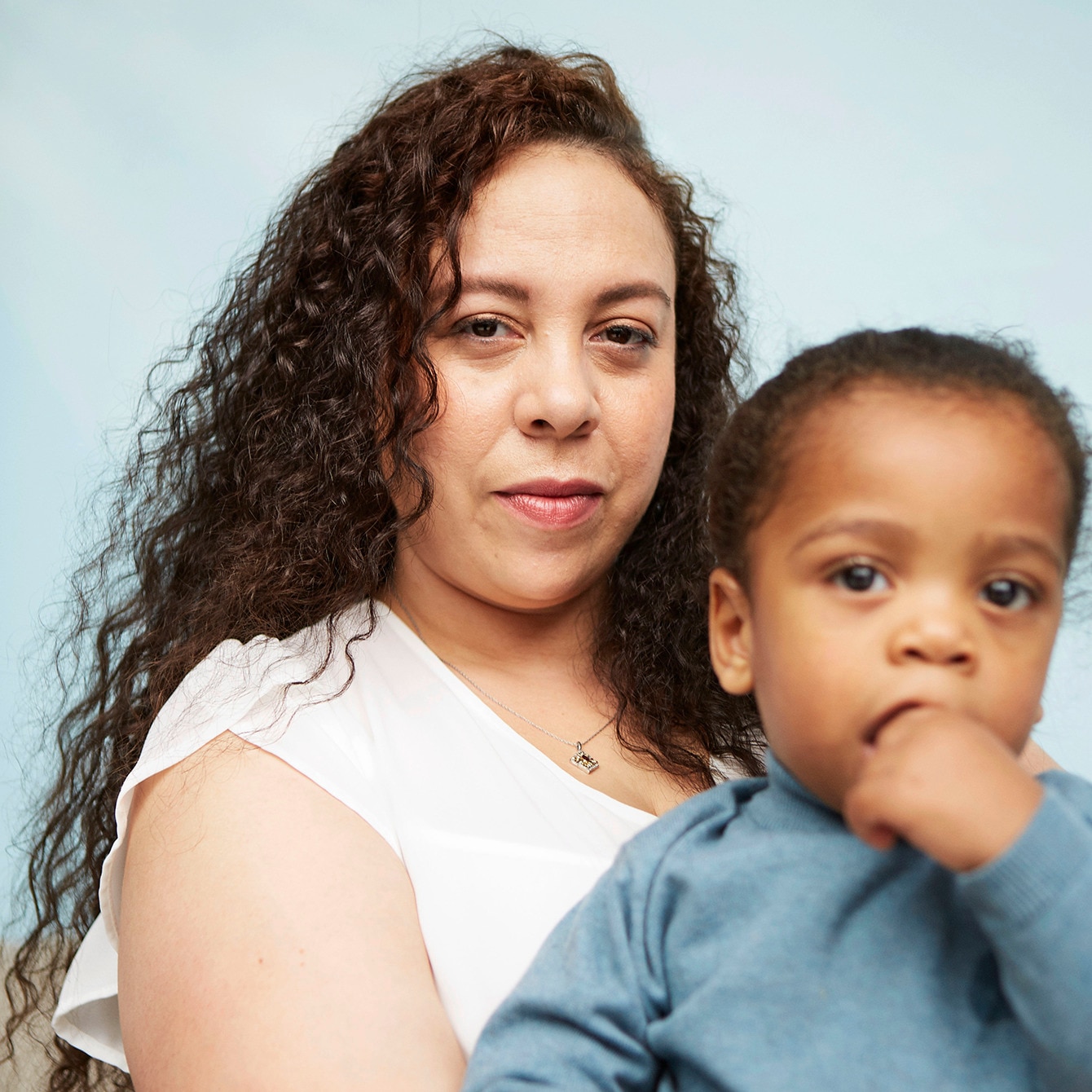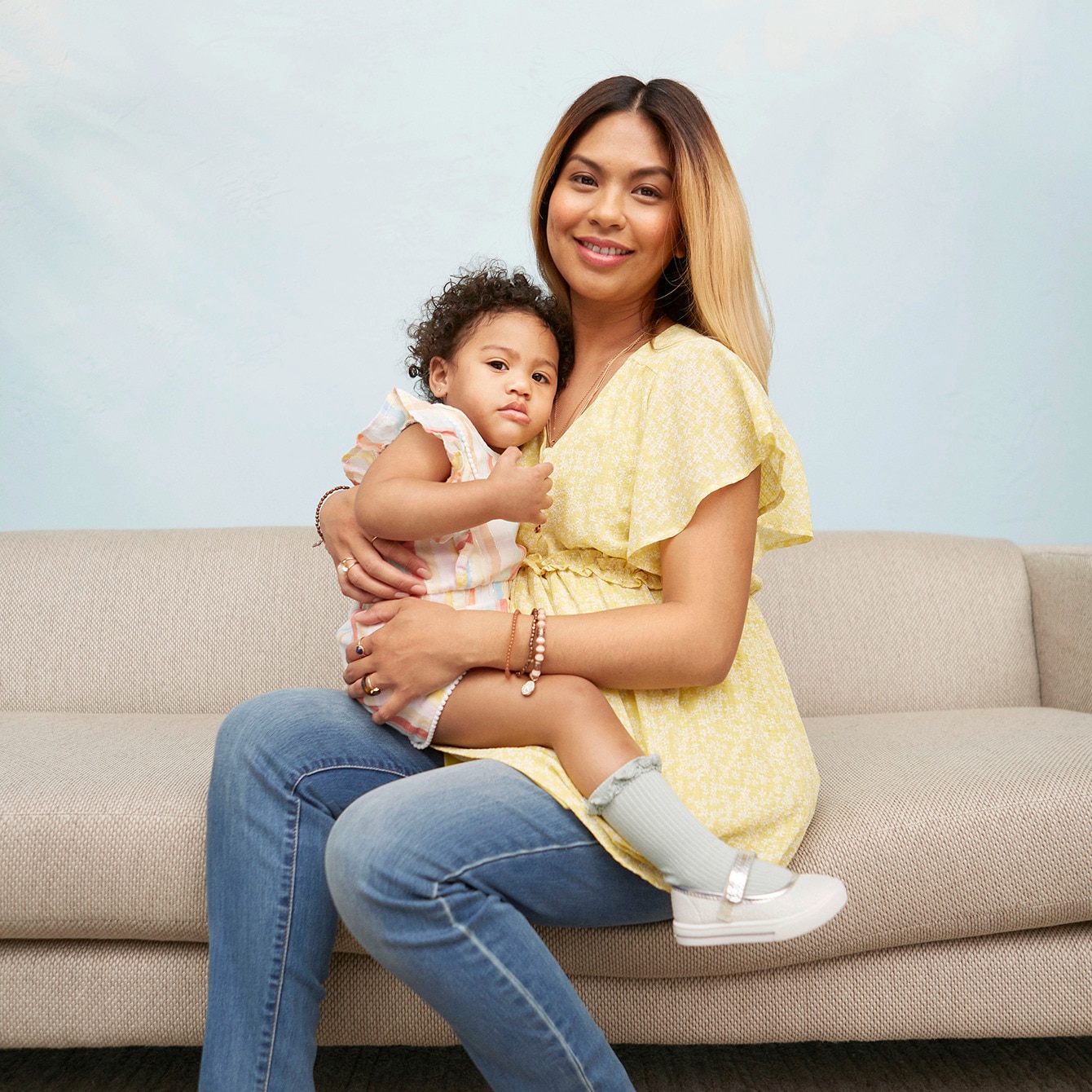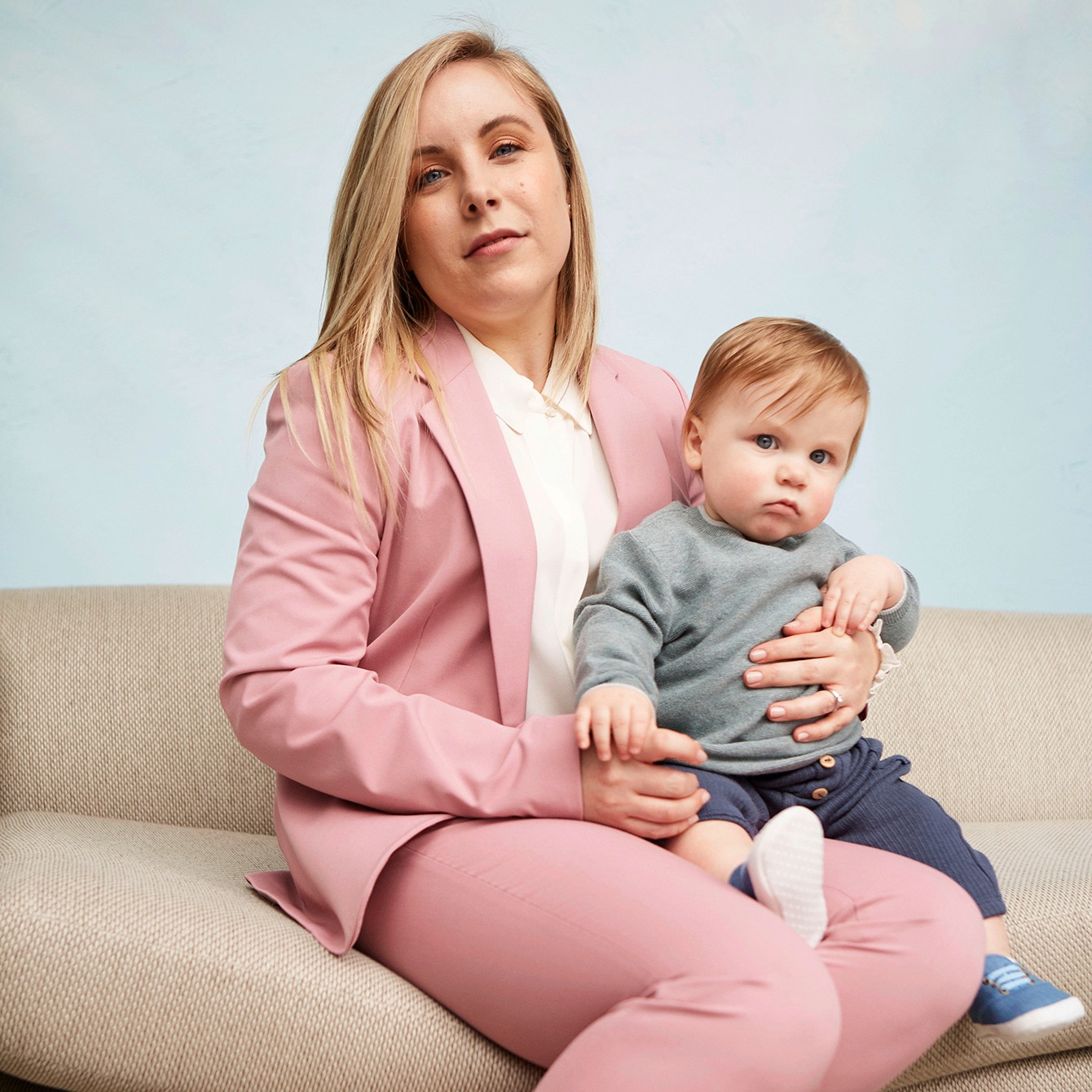Is it normal to be emotional after having a baby?
Most new mothers – experts say about 80% – experience mood swings and postpartum emotions during the first 2-3 weeks after giving birth. These postpartum emotional changes are often called “the baby blues”. After pregnancy and all of its hormonal changes, this is a normal adjustment period and usually resolves without any medical assistance. But, every woman is different and every postpartum experience can be different, too. You might have postpartum anxiety, postpartum depression, or a mix of symptoms. Reach out to Postpartum Support International for support.
Why is my baby crying?
All babies cry, and some cry more than others. It’s completely normal for new parents to feel a sense of anxiety, stress, or frustration at the sound of a crying baby – You might even find yourself wondering: is my baby sick or just fussy? Or worrying about potential reasons for your crying baby. There are so many reasons why a baby might fuss or cry. The most important thing is to try to stay calm. If it persists, talk to your baby’s pediatrician and seek support from a partner, family member or friend that can be by your side to give you the postpartum support you need through this time.
Why can't I sleep when my baby sleep?
One of the most common tips new parents hear is to “sleep when your baby sleeps”. It might sound simple enough – but can you really sleep when baby sleeps? And what should you do if your baby won’t sleep? So many parents find themselves with their baby struggling to settle, only sleeping in their arms, or sleeping through the day and staying awake all night. This can contribute to sleep deprivation for new parents, amplifying the physical and emotional consequences of postpartum stress. If you are experiencing this, don’t hesitate to speak to someone to be honest about your feelings and get the postpartum support you need.
Am I a good mom?
Motherhood, especially early motherhood, is full of questions from “why won't my baby sleep?” to “why do I feel sad after delivery?” At Baby Dove, we believe that there’s no right way to be a mom, only your way. If you’re worried about being a good mom, then you already are one. Taking care of yourself is part of taking care of your baby. Seek support when you need it – from loved ones, friends, family and Postpartum Support International.
Why am I experiencing feeding troubles?
Whether you’re breastfeeding or bottle feeding, the first few months postpartum are often filled with challenges related to feeding s. Those who choose to use formula might worry which formula is best, or feel pressure from society to nurse instead. At the same time, lots of breastfeeding mothers might experience physical pain, latching difficulties, and worries about their milk supply. If you have questions like: “how long should my baby nurse during each feeding?” or “am I producing enough milk for my baby?” and you’re feeling the emotional pressures from feeding obstacles – is postpartum help out there. You can always talk to loved ones, a lactation consultant, or pediatrician to ease your mind.
What should I do if I am struggling with postpartum emotions and pressures?
If you’re struggling, we want you to know that you are not alone. Realizing you need help is the most important step you can take. There are always resources and support available to you.
Reach out to Postpartum Support International as soon as you can, and talk to their supportive, informed professionals to find the network you need. This Mother’s Day, we’re encouraging moms to share #OneRealPressure from their postpartum experience on social media. Because talking about the pressures you face helps everyone on their early motherhood journey.
